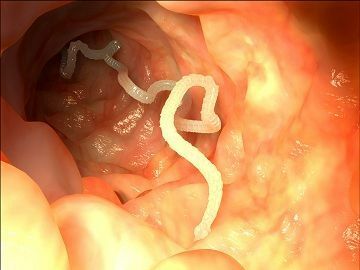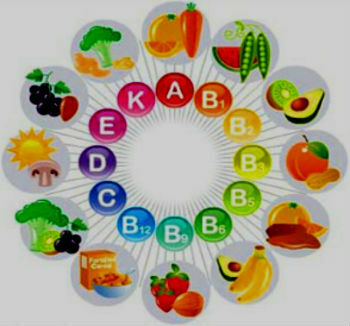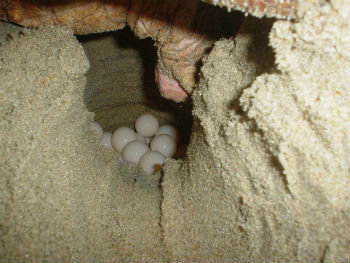We can classify cells, based on the chromosome set, in haploids, diploids and polyploids. In humans, under normal conditions, we find cellss haploids and diploids.
→ What are haploid cells?
Haploid (n) cells are those that have only one chromosome set.. The process responsible for forming cells with half the number of chromosomes of a kind is the meiosis.
In animals, haploid cells form only gametes, but in other organisms, such as algae of the genus Chlamydomona, the haploid phase is observed during most of the life cycle.
Mind Map: Haploid, Diploid and Polyploid Cells

*To download the mind map in PDF, Click here!
In humans, haploid cells are the sperm it's the oocyte: reproductive cells. The number of chromosomes in our species is 46, so the reproductive cells, that is, our haploid cells, have 23 chromosomes. The presence of half of chromosomes in these cells ensures that after fertilization, the number of chromosomes is restored.
Do not stop now... There's more after the advertising ;)
→ What are diploid cells?
Diploid (2n) cells are those that have two chromosomal sets, that is, the chromosomes in these cells are arranged in pairs. Each pair has the same chromosomes (in terms of size and shape) and with the same genes. These same chromosomes are called homologs.
The diploid cells in most animals proliferate and form a multicellular organism. This means that all cells in our body, with the exception of gametes, have 46 chromosomes. In some organisms, however, the diploid phase is just that of the zygote, as is the case with some algae and yeast.
→ What are polyploid cells?
Polyploid cells are cells that have more than two chromosomal sets. Polyploidy is very common in plants and rare in animals.
Heads up:The number of chromosomes of a species is constant.
By Ma. Vanessa dos Santos
Would you like to reference this text in a school or academic work? Look:
SANTOS, Vanessa Sardinha dos. "Diploid and haploid cells"; Brazil School. Available in: https://brasilescola.uol.com.br/biologia/celulas-diploides-haploides.htm. Accessed on June 28, 2021.



